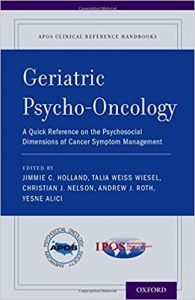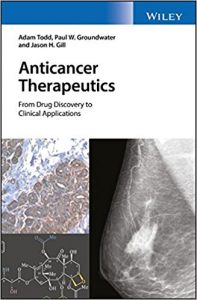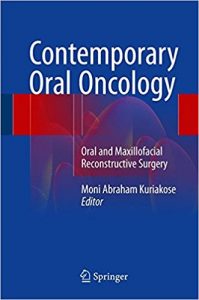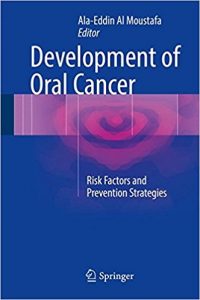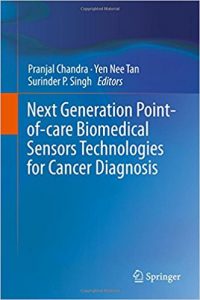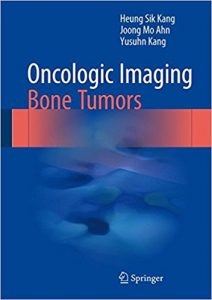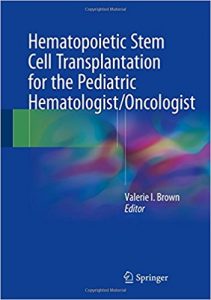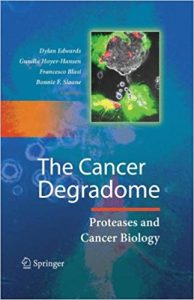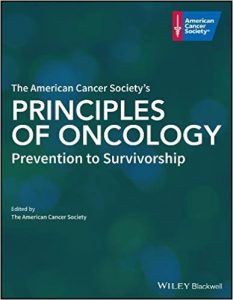Oncologic Emergency Medicine: Principles and Practice 1st ed
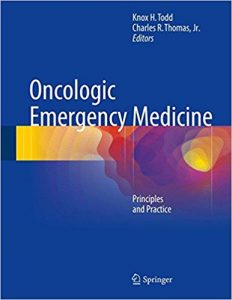
[amazon template=iframe image2&asin=3319263854]
This is the first comprehensive clinical reference on cancer emergencies. It is edited and written by world-renowned experts in emergency medicine and oncology and covers the diagnosis and management of the full range of emergencies caused directly by cancer or by its treatment. It shows how the entire spectrum of clinical medicine is brought to bear in the care of cancer patients in the unique setting of the emergency department (ED), from health promotion and prevention, to treatment and palliative care. Recognizing the multiple, overlapping contexts in which emergency care of cancer patients occurs, the book addresses clinically crucial interdisciplinary topics such as the ethics of ED cancer care, the interface with palliative social work, substance abuse, and more. Finally, perspective on care system and social forces that shape ED cancer care, such as cancer care disparities and care models, and on how ED cancer care is delivered outside of the United States, frame the book as a whole. Against the backdrop of rising numbers of cancer patients and survivors as the United States population ages and a forecast shortage of oncologists, this book is designed to serve as the authoritative, single-source clinical reference on cancer emergencies. The intended audience includes emergency physicians, oncologists, internists, family physicians, emergency nurses, nurse practitioners, physician assistants, policy makers as well as pre- and postgraduate trainees.

